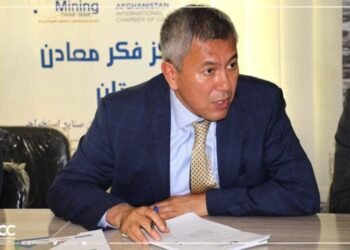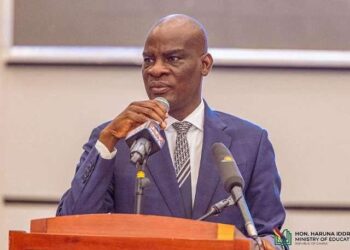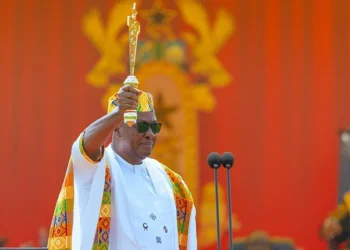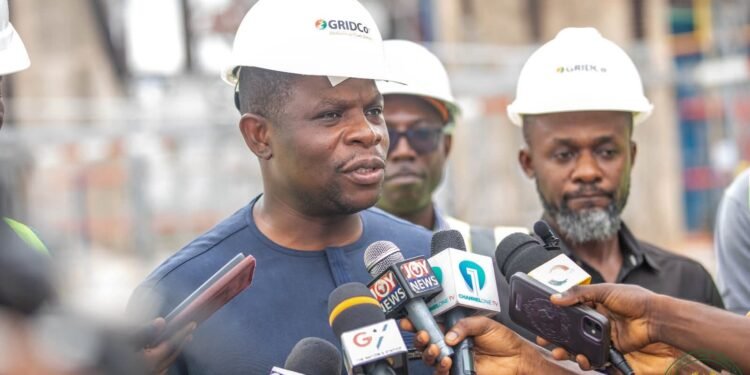As Ghana continues to make strides in its development journey, it is crucial to acknowledge the significance of continuity in national development projects and programmes by successive governments. Consistency and persistence in long-term initiatives are essential for sustained progress and ensuring the well-being of the Ghanaian people.
In a recent development that signals a shift towards a more cohesive approach to Ghana’s national development, the African Center for Economic Transformation (ACET) and the National Commission for Civic Education (NCCE) have united to advocate for the continuity of essential projects and programs. This initiative marks a significant step towards fostering stability and progress in Ghana’s development trajectory, addressing a longstanding challenge of policy inconsistency and project abandonment under successive administrations.
“Ghana’s development has been hindered by the lack of continuity in projects and programmes. We’ve had 40-year plans, but when a new party comes to power, we stop and don’t finish the projects. This must stop. The National Development Planning Commission’s role is critical, but its structure and mandate have not been very effective.”
Dr. Kingsley Y. Amoako, the founder and president of ACET
Continuity in national development projects allows successive governments to build upon the achievements of their predecessors. By carrying forward ongoing initiatives, new administrations can avoid redundant efforts, save valuable time, and redirect resources toward advancing the country’s development goals. This approach ensures that Ghana’s progress remains uninterrupted, creating a solid foundation for future growth.
At the forefront of this movement is Dr. Kingsley Y. Amoako, the founder and president of ACET, who underscored the critical importance of maintaining continuity in national development policies and programs.
Highlighting the detrimental impact of discontinuing projects upon changes in government, Dr. Amoako called for a re-evaluation of the National Development Plan’s structure and mandate. His words resonate with the broader sentiment that Ghana’s development has suffered due to the lack of sustained focus and completion of long-term initiatives.
Additionally, Continuity in national development projects sends a strong signal to both domestic and international investors that Ghana is committed to long-term plans and stability. Investors seek secure environments where their investments can grow and flourish.
A consistent approach to development projects assures them of a reliable and predictable framework, fostering investor confidence and attracting more investments to Ghana. This influx of capital further strengthens the economy and accelerates progress.
Roadmap to a New Social Contract

A pivotal aspect of this initiative is the upcoming Citizens’ Convention scheduled for June 18-19, 2024, at the University of Ghana. Spearheaded by Prof. Asafu Adjaye, a Senior Fellow of ACET, this event promises to shed light on the Compact document, a comprehensive plan that seeks to bridge the gap between policy formulation and implementation.
Furthermore, the presentation of this document to political parties at the Kwame Nkrumah University of Science and Technology, under the auspices of the Asantehene Otumfuo Osei Tutu II, underscores the significance of this endeavor in fostering dialogue and consensus among key stakeholders.
Kathleen Addy, Chairperson of the NCCE, also expressed her dedication to realizing the objectives of the compact document through a collaborative effort with ACET.
“The NCCE is partnering with ACET to collect ideas from ordinary citizens to feed the compact document, a new social contract reflecting the aspirations of Ghanaians. All voices are represented in the compact, defining the vision of Ghana we want to achieve. We’ll present it to leaders to sign onto, holding them accountable for growth.”
Kathleen Addy, Chairperson of the NCCE
The call for continuity in national development projects and programs represents a crucial step towards stabilizing Ghana’s development path and ensuring that the aspirations of its citizens are met. Through the efforts of ACET and NCCE, coupled with the active participation of the Ghanaian populace, there is a renewed optimism for a future where policy consistency, accountability, and citizen engagement drive the nation’s progress. As the final phase of consultations concludes, the stage is set for a new era of unity and shared responsibility in achieving Ghana’s developmental goals.
READ ALSO: Ghana’s Crude Oil Production Decline By Over 9% Amid Investment Challenges























